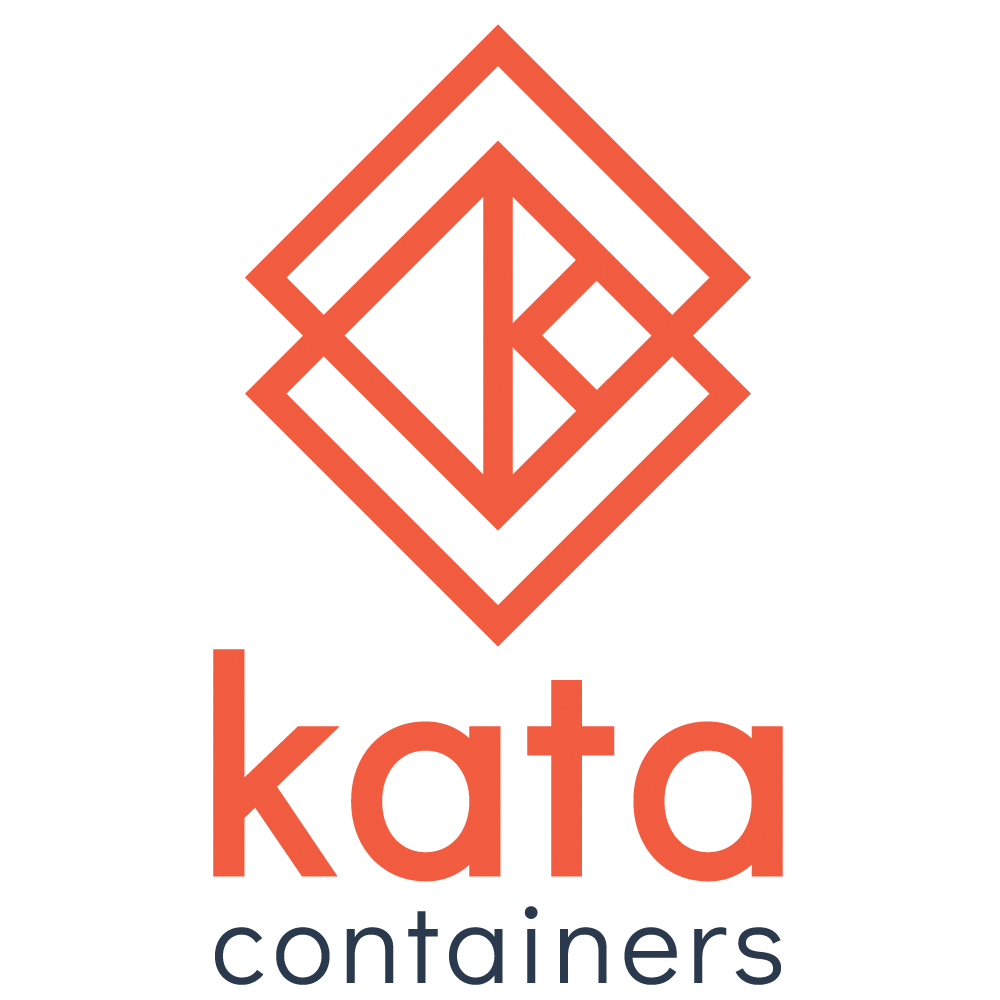Welcome to Kata Containers!
The purpose of this repository is to act as a "top level" site for the project. Specifically it is used:
-
To provide a list of the various other Kata Containers repositories, along with a brief explanation of their purpose.
-
To provide a general area for Raising Issues.
This repository is used for raising issues:
-
That might affect multiple code repositories.
-
Where the raiser is unsure which repositories are affected.
Note:
- If an issue affects only a single component, it should be raised in that components repository.
The CI repository stores the Continuous Integration (CI) system configuration information.
The Community repository is the first place to go if you want to use or contribute to the project.
The kata-agent runs inside the
virtual machine and sets up the container environment.
The kata-ksm-throttler
is an optional utility that monitors containers and deduplicates memory to
maximize container density on a host.
The kata-proxy is a process that
runs on the host and co-ordinates access to the agent running inside the
virtual machine.
The kata-runtime is usually
invoked by a container manager and provides high-level verbs to manage
containers.
The kata-shim is a process that
runs on the host. It acts as though it is the workload (which actually runs
inside the virtual machine). This shim is required to be compliant with the
expectations of the OCI runtime
specification.
The qemu hypervisor is used to
create virtual machines for hosting the containers.
The hypervisor uses a Linux* kernel to boot the guest image.
The documentation repository hosts documentation common to all code components.
We use the packaging repository to create packages for the system components including rootfs and kernel images.
The tests repository hosts all test code except the unit testing code (which is kept in the same repository as the component it tests).
The osbuilder tool can create a rootfs and a "mini O/S" image. This image is used by the hypervisor to setup the environment before switching to the workload.
The www.katacontainers.io repository contains all sources for the https://www.katacontainers.io site.
Kata Containers uses packagecloud for package hosting.
